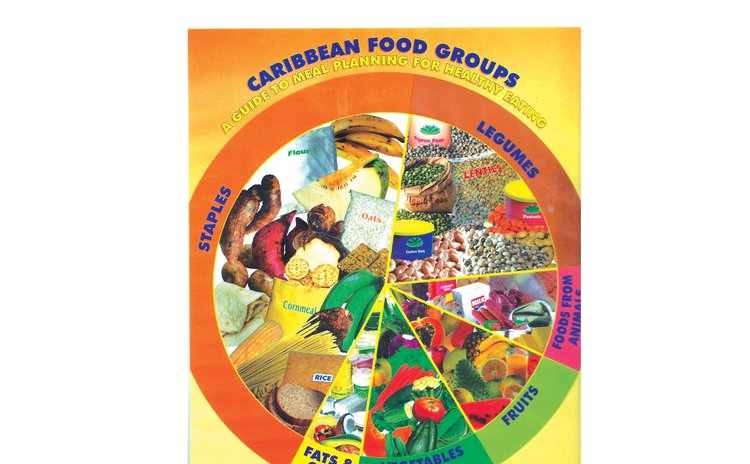Back to School:Healthy Eating Guidelines
Nutrition guidelines for the Dominican parent

Nutrition Guidelines all parents should keep in mind as they prepare for the new school year
September has come, and so is the new school year. And although parents and caregivers cannot be with their children during the school day, they want to be certain that their young ones enjoy delicious, healthy meals.
Nutritionist Jacqueline Lancaster-Prevost directs parents to the Caribbean Food and Nutrition Food Groups for guidance if they wish to send their children to schools with healthy meals.
Healthy meals comprise the following:
-
Foods from Animals: These are high in proteins needed for growth and development and include meats, chicken, egg, cheese, peanut butter and milk
-
Staples: These are high in carbohydrates needed for energy. Staples include local ground provisions and cereals such as oats and cornmeal, rice and pasta. "Carbohydrates to the body are like gasoline to a car," says Lancaster-Prevost.
-
Legumes: Legumes provide proteins from plants and are also rich in iron. As such, legumes enrich the blood. Legumes comprise peas and beans.
-
Fruits and Vegetables: This food group is important for essential vitamins and minerals, such as in-season local fruits like bananas, mangoes and limes, and in-season local vegetables like tomatoes and cabbages.
-
Fats: Fats come from avocados, peanut butter and oil. Fats are a source of energy but should not be overdone.
According to Lancaster-Prevost, meal preparation doesn't have to be time consuming and expensive.
"It's all about planning and preparation," she said.
Snacks
Parents should make every effort to ensure that all snacks contain a protein (food from animals), carbohydrate (staples) and fruit.
A few examples are:
Bread or crackers with peanut butter and lime juice
Fried plantain, hard boiled egg, a banana and water
Bread with cheese and orange juice
An effort should be made to include vegetables.
According to Prevost, if the child likes cakes and baked goods, simply add pureed vegetables as in a carrot cake because a basic cake already has protein and carbohydrates in it. The child can then have carrot cake and homemade juice for snack.
Also, ensure the child goes to school with water to keep him hydrated as children are generally active and therefore sweat a lot.
The same guidelines should be followed for lunch but the meal should be complemented with peas or beans and vegetables.
Money Savers
Lancaster-Prevost lists some basic money saving ideas which parents can follow.
- Make rather than buy juice
"Remember that high sugar foods will become more expensive soon (due to increased taxation)," Lancaster-Prevost said. She added, "with homemade fruit or vegetable juice you can control the amount of sugar in it and there are no preservatives in it."
-
Prepare fried plantains and other local ground provisions instead of buying bread everyday
-
Make accras with peas and beans instead of buying pre-packaged crackers and salted snacks such as corn curls and potato chips
-
Give bran flakes or Weetabix rather than corn flakes or other dry cereals which are high in sugar
-
Grate cheese for sandwiches rather than using prepackaged cheese or slicing the cheese yourself. "(This allows) you to stretch the cheese and children enjoy eating the grated cheese more," said Lancaster-Prevost.
-
Use in-season fruits rather than purchasing imported fruits
Tips
Lancaster-Prevost has a few tips which make meal preparation nutritious and easy.
-
Avoid high sugar and high salt foods such as corn curls, chips and cream-filled biscuits.
-
Creativity helps. For instance, use the left over food from the lunch of the day before as the next day's snack. Dasheen can be fried or made into accras incorporating shredded fish/meat, milk or egg. Lentils can be made into accras with a little flour.
-
Make juice on the weekend and prepackage in bottles.
(Jacqueline Lancaster-Prevost has worked as a nutritionist for the Ministry of Health, Government of Dominica for 25 years. She has worked with the Social Centre, many non-governmental organisations and was a lecturer at the Princess Margaret Hospital School of Nursing and the Faculty of Health Sciences, Dominica State College. She can be heard every other Tuesday co-hosting Wise Choices on Dominica Catholic Radio.)




